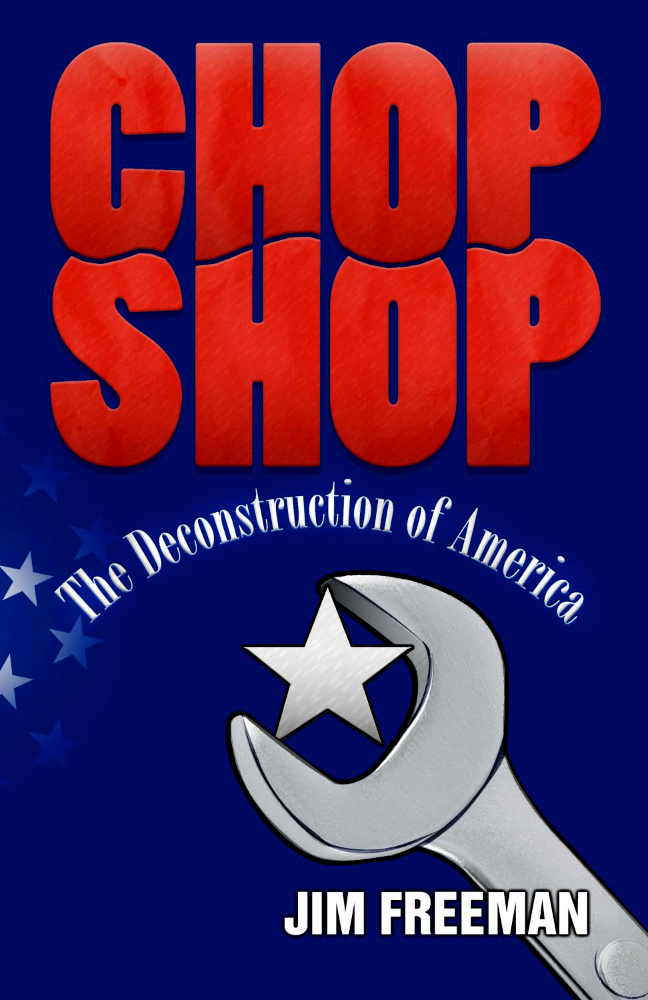And it’s relevant in the business community as well. A flashy website may be nice, but your business is only as good as what it did last week. ‘Beauty is as beauty does,’ with trophy wives, Harley Davidsons or any kind of business venture you can name. Let me share a story.
My father was a highly skilled and well-known landscape architect, whose clients were both wealthy and willing to pay for the best. He worried over buying a Cadillac automobile, wondering if showing up for meetings in such an expensive car would turn off his clientele. He finally bought one.
The result was that he had an even easier time, meeting with wealth on equal terms. The concern he might look too expensive was a challenge immediately accepted; “Of course I can afford you.” A matter of pride.
The key to that is that my father’s reputation came first
And maybe that’s worth knowing in a business environment constantly under the pressure of lower priced competitors. You can successfully hold your price if you never fail to produce. That’s what reputation is.
And of course, no business, no matter how diligent, can avoid occasional failure. Failure is part of the game. It’s how we choose to deal with failure that preserves the reputation so dearly won. The chrome excuse of ‘we seldom fail’ won’t get you home.
Then, what?
The ‘what’ is an immediate call by no one lower than the owner or CEO to take responsibility for the failure and insist upon making things right. Not an offer, but an inquiry. An inquiry puts your client in the game.
“Charlie” (or Mr. Johnson, depending upon your relationship), “you know you are important to us. How can we best serve your needs in making this right? A discount and replacement? A call from me assuring your client that the error was ours? You set the terms and we will meet them.”
First of all, those assurances are going to put him in the driver’s seat and that’s where you want him when you are essentially begging for mercy. Agreeing upon his terms will leave him with a higher opinion of your company than he had before the problem occurred.
In the same way that ‘the client you have is your most important client,’ the supplier who stands by him becomes his most important supplier. But (there is always a but), the call must come from an owner or CEO. A manager will not suffice. There are rules about this: service always moves at a similar level…apologies are always made from one level up. Which, of course, depends upon a company culture that encourages a manager to confess a problem to his owner-CEO.
Simply put, that can make the possible loss of a client turn into a win for both sides of the issue. That’s putting reputation first.
That, my friend, is the chrome that will get you home.













